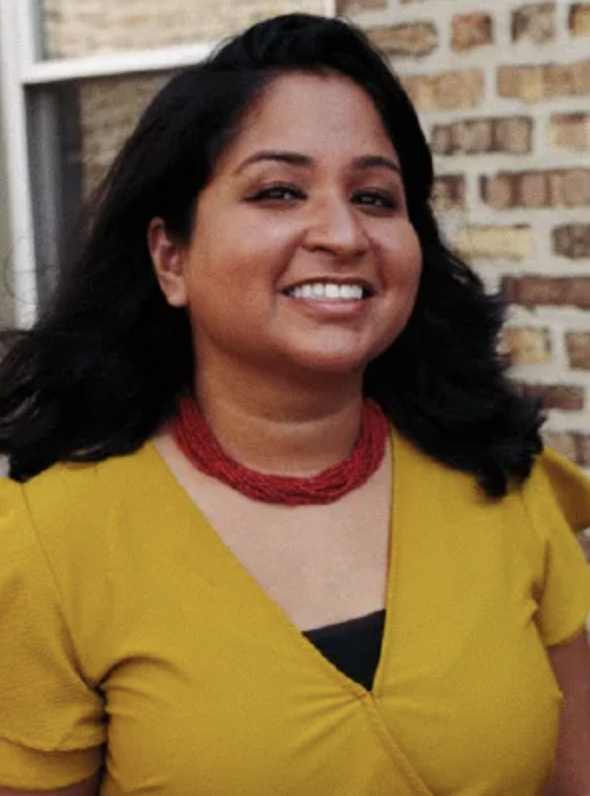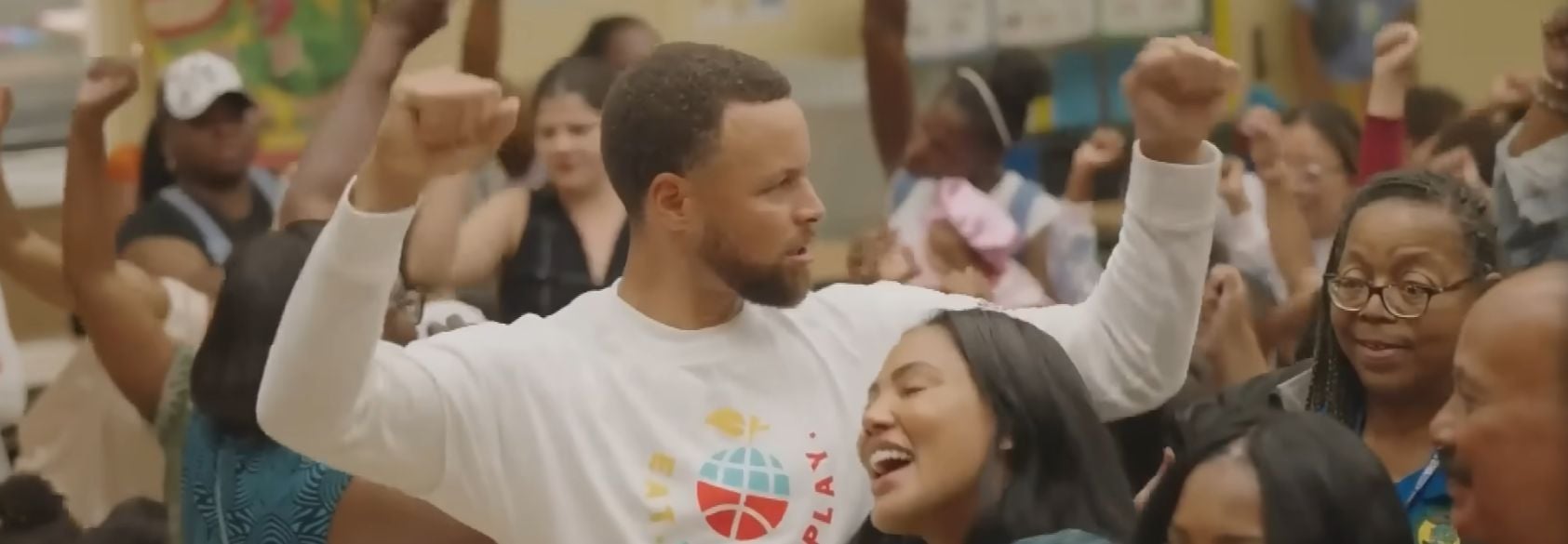The connections between education policy, funding and student services are undeniable. Our school serves a population that is 96 percent economically disadvantaged, with 57 percent of students learning English as a second language. Medicaid funding is critical in providing essential services — speech and language therapy, physical and occupational therapy, psychological services and social work — because many of our students face significant medical and developmental challenges. We also have full-time nurses to support students with conditions like seizures.
For many families, the school is more than just an educational institution — it’s their primary access point for medical and social services. Seeking care outside of school can be nearly impossible for families without transportation, financial resources or trust in external systems. Many of our parents are hesitant to leave the neighborhood due to immigration enforcement fears, making the services we provide even more essential.
This is why Medicaid funding cuts would be devastating. Many CPS students are Medicaid-eligible, and as social workers, speech therapists, psychologists and other related service providers, we rely on Medicaid reimbursements to sustain these programs. Without this funding, services would disappear, impacting not just education but also long-term public health outcomes and the independence of children with disabilities.
Beyond Medicaid, CPS also depends on Title I funding, which supports schools with high numbers of low-income students. But historically, Chicago has been underfunded at the state level, despite advocacy from the Chicago Teachers Union for a more equitable funding formula.












